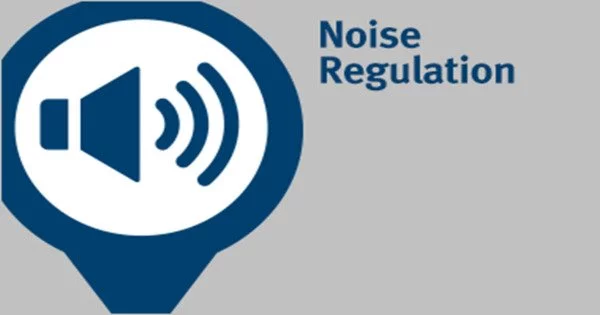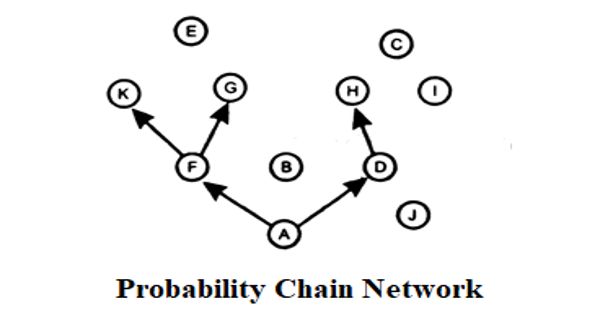Noise regulation includes sound transmission statutes or guidelines established by national, state, or provincial governments, as well as municipal governments. Following the landmark passage of the United States Noise Control Act in 1972, other local and state governments enacted additional regulations.
A noise regulation limits the amount and duration of noise, as well as the source of noise. It usually restricts access to certain times of day. The laws, rules, and guidelines established by governments or other regulatory bodies to control and manage the level of noise generated in various environments are referred to as noise regulation. The primary goal of noise regulation is to safeguard public health, safety, and quality of life by limiting excessive noise that can cause health problems, annoyance, and disruptions.
Although the United Kingdom and Japan enacted national laws in 1960 and 1967, respectively, they were not comprehensive or fully enforceable in terms of dealing with generally rising ambient noise, enforceable numerical source limits on aircraft and motor vehicles, or comprehensive directives to local governments.
Noise regulations typically establish specific noise level limits for various sources and areas. The regulations may differ depending on the location (e.g., residential, commercial, or industrial zones), time of day (day vs. night), and type of activity causing the noise (e.g., construction, transportation, or industrial processes).
Some common sources of noise that are subject to regulation include:
- Transportation: Regulations may govern noise emissions from vehicles, airplanes, trains, and ships.
- Industrial activities: Noise generated by factories, machinery, and industrial processes can be regulated to prevent excessive noise in surrounding areas.
- Construction: Guidelines may be in place to limit noise during construction activities to minimize disturbances to nearby residents.
- Entertainment venues: Noise regulations may apply to bars, nightclubs, concerts, and other entertainment venues to prevent noise disturbances in residential areas.
- Residential areas: Some regulations may apply to noise levels within residential areas to ensure peaceful living conditions for residents.
Noise regulation enforcement frequently entails measuring and monitoring noise levels with specialised equipment. Noncompliance with noise regulations may result in fines, penalties, or other legal consequences.
Noise regulation is an important aspect of urban planning and environmental protection, with the goal of striking a balance between economic activity and providing a comfortable living environment for people. Governments can reduce noise pollution and improve community well-being by enacting effective noise regulations.
















